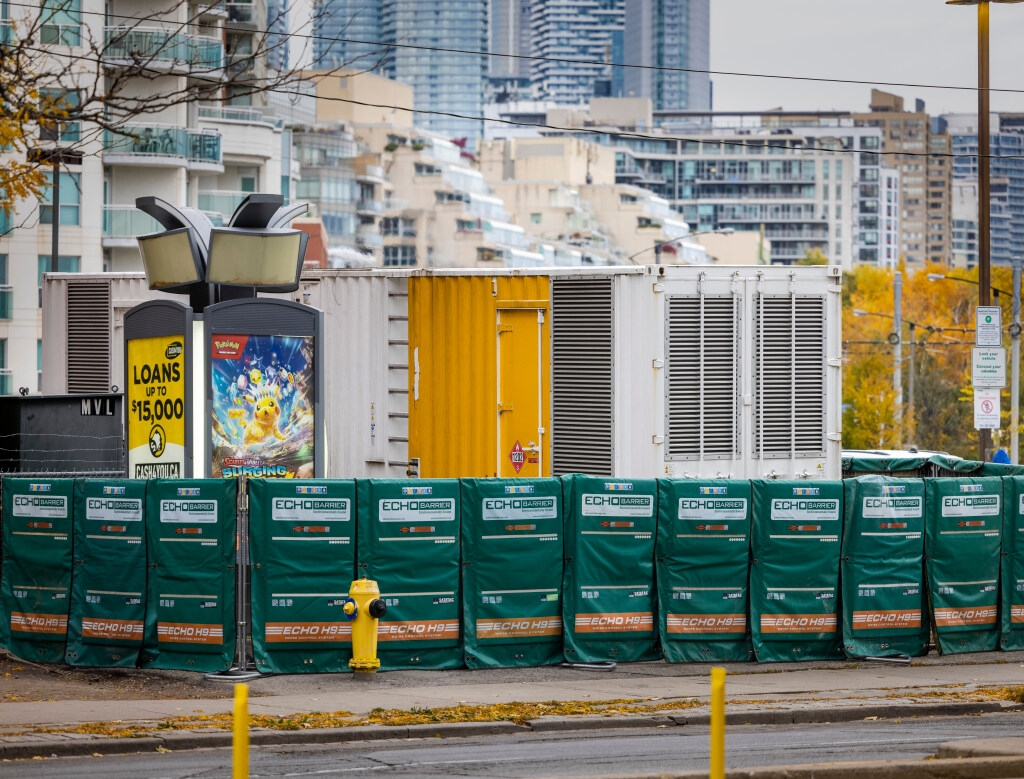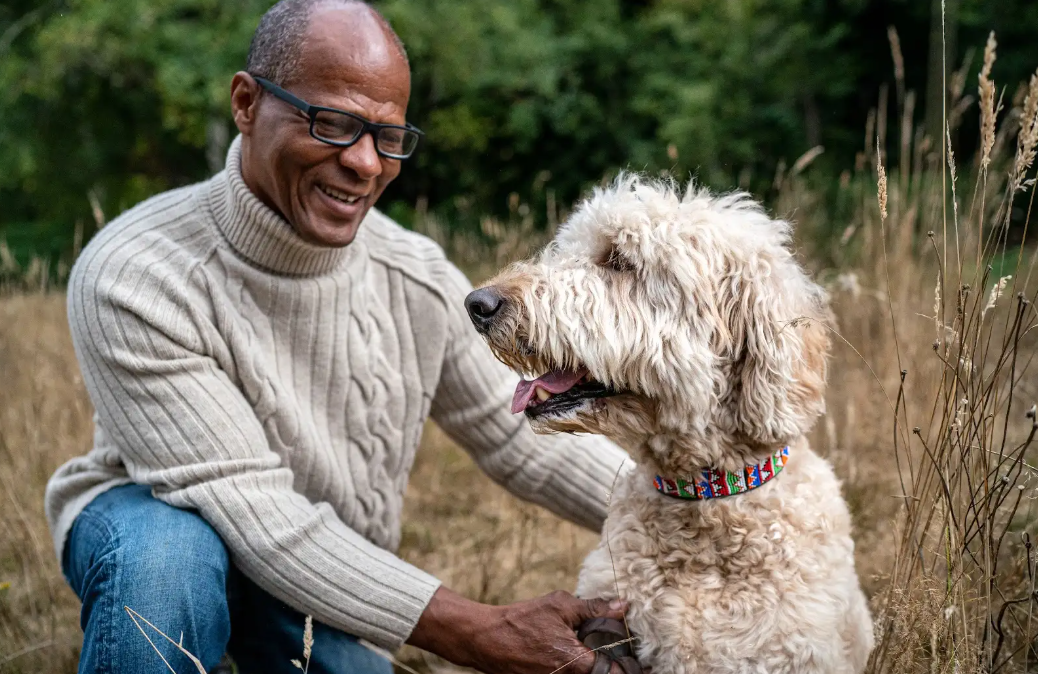Freedom isn't simply a gift; it’s a fragile inheritance, sustained only by the power of remembrance. Across Canada, on university campuses both grand and humble, that truth echoes in stone, in bronze, and in the solemn rituals of November – a constant reminder of the immense cost of building this nation.
Over a century ago, classrooms emptied as young Canadians answered a call to arms, trading textbooks for trenches. At the University of Toronto, 628 names are etched into the Soldiers’ Tower, each representing a life extinguished during the First World War, joined by 557 more from the Second. The University of Ottawa’s Honour Roll bears witness to over 1,000 graduates who served, and the heartbreaking reality that more than 50 never returned. Each name signifies a future forfeited, a sacrifice made so others could live freely.
These weren’t just soldiers; they were believers in the promise of Canada – a nation founded on the ideals of democracy and equality, a nation worth defending with everything they had. Remembrance isn’t merely about gratitude; it’s about accepting a profound responsibility: to safeguard the freedoms they secured and to deeply understand the stories that forged them.

That responsibility rests, in part, with our universities. They are the keepers of Canada’s collective memory, meticulously preserving it through dedicated research, extensive archives, and the education of generations who have thankfully never experienced the horrors of war firsthand.
Courage wasn’t confined to a single region or background. The recent Remembrance Day stamp honoring Sikh soldiers who fought in the First World War served as a powerful reminder that bravery came from every corner of this country, even from those who weren’t yet fully recognized as equals. Simultaneously, women shattered societal barriers, serving as nurses on the front lines, working tirelessly in munitions plants, decoding vital messages, and holding families and farms together.
Their combined service created an unbreakable bond between the home front and the battlefield. Universities play a crucial role in ensuring these vital chapters aren’t lost to time, using teaching, preservation, and community outreach to reveal remembrance as a story of shared sacrifice and unwavering commitment.
This story continues to unfold on campuses across the country. At Royal Roads, a military museum safeguards the legacy of the cadets who trained there before its transformation. In Kingston, the Royal Military College Museum connects current officer cadets with the generations who preceded them. Dalhousie trains physicians for the Canadian Armed Forces, while St. Francis Xavier’s Memorial Rink stands as a poignant tribute to students who traded the ice for the battlefields.
Remembrance isn’t confined to the past; it thrives in the present. Today, veterans study alongside first-year students, rebuilding their lives after service. Researchers at institutions dedicated to military and veteran health are tirelessly studying trauma and recovery, while historians meticulously preserve soldiers’ letters, ensuring their voices are never silenced.
These campuses, as much as any monument, are living embodiments of remembrance. In a world where freedom remains fragile in many places, Canadians continue to answer the call to defend it. The very least we can do is honor their commitment by learning from the past, preserving its lessons, and teaching them to future generations.
Our universities were established to serve the public good, to honor those who built the peace we enjoy, and to prepare the next generation to protect it. When students gather at the Soldiers’ Tower in Toronto or pause by a memorial on the University of Ottawa campus, they are reminded that the pursuit of knowledge and the dedication to service are inextricably linked.
The future of remembrance now belongs to today’s students. Their challenge isn’t simply to defend freedom on battlefields, but also in classrooms, communities, and everyday conversations. To champion democracy, to support one another, and to live with the same unwavering sense of purpose as those who came before them.
This Remembrance Day, let us move beyond mere remembrance. Let us actively care for the memorials on our campuses, support the veterans who enrich our academic communities, and strengthen the research that aids in their healing. We can never fully repay the debt we owe to those who fell, but by keeping their memory alive within our institutions, our classrooms, and our hearts, we can truly honor their sacrifice.
Freedom endures only if memory does. Lest we forget.





